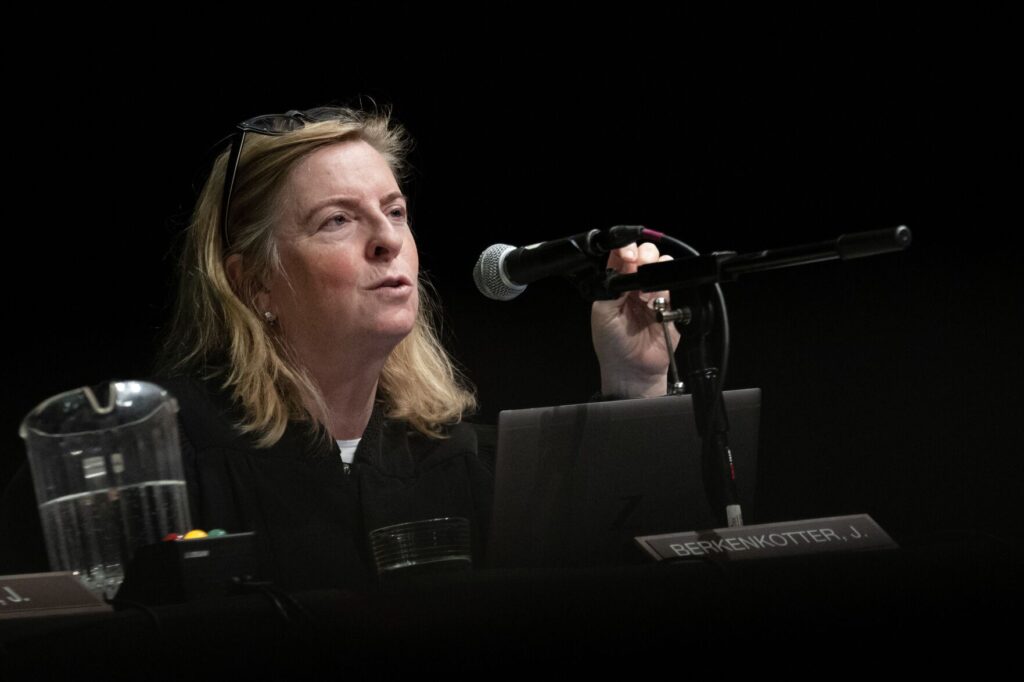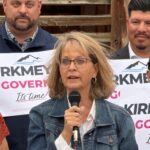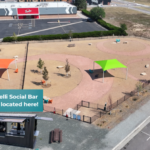Federal judge dismisses Boulder’s lawsuit against FAA over future municipal airport closure
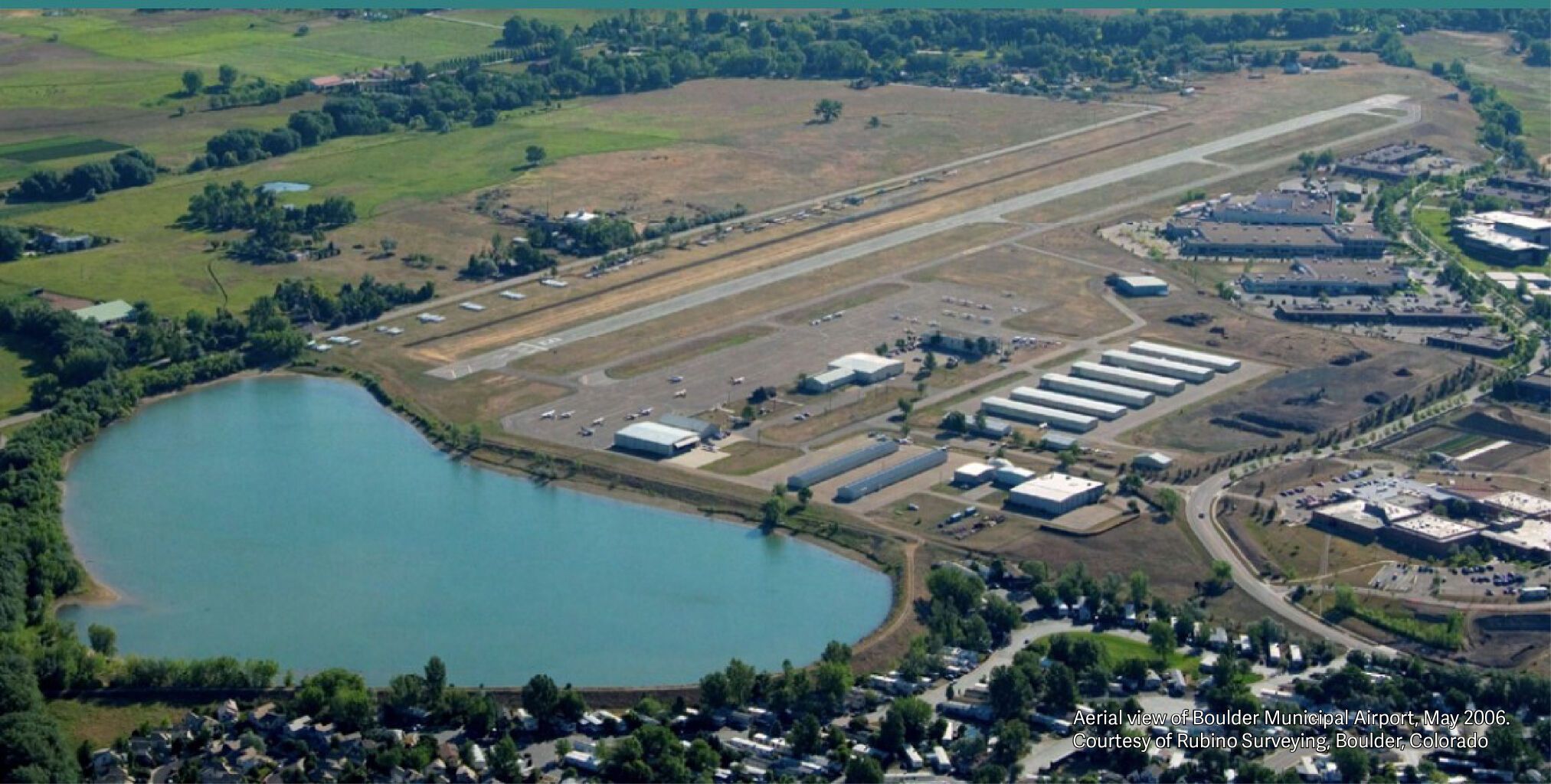
A federal judge on Monday dismissed Boulder’s lawsuit against the Federal Aviation Administration, which sought to confirm the city’s position that it is not legally obligated to continue operating Boulder Municipal Airport after 2040.
The city sued last year because it believed it did not need the FAA’s approval to discontinue airport operations. Boulder argued it last accepted federal funds for the airport in 2020 and, pursuant to the grant terms, any obligations would expire 20 years later in 2040.
But in a Sept. 15 order, U.S. District Court Judge Nina Y. Wang did not weigh in on the correctness of that understanding. Instead, she concluded the city’s claims were either not viable or that a court ruling would not address a hypothetical scenario 15 years from now.
“Because any declaratory relief the Court could issue would not have any real-world impact until 2040 — beyond providing the City satisfaction of a favorable ruling — the Court finds that the City has not demonstrated that it has an injury that would be redressed by a favorable decision,” Wang wrote.
A spokesperson for Boulder said the city is evaluating Wang’s order and “considering its legal options.”
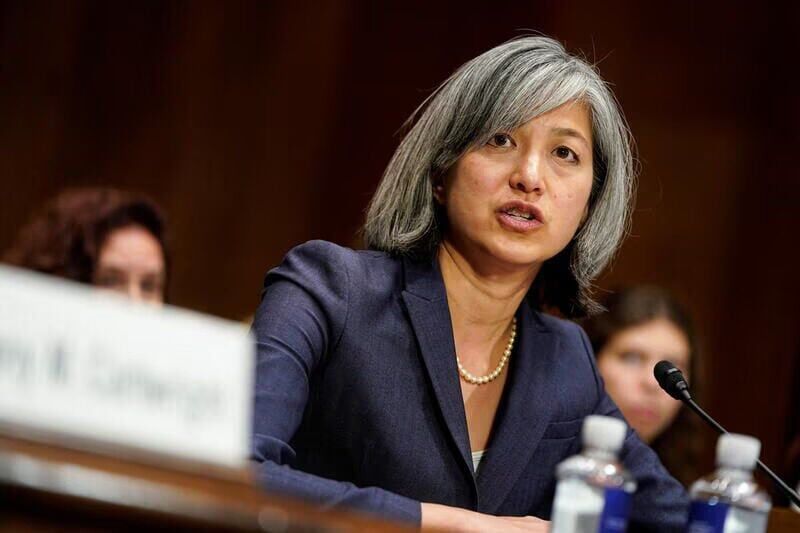
As described in Boulder’s complaint, the airport, which sits northeast of downtown, began as a dirt landing strip in the 1920s. The city purchased 36 acres in 1943 and formally designated it Boulder Municipal Airport. Starting in 1959, the city entered into a series of agreements with the federal government to use additional parcels of land. The agreements indicated they would remain in effect for no more than 20 years, meaning Boulder had to keep the airport open in that time.
In 1980, the FAA introduced language indicating the 20-year limitation “does not apply to (terms) affecting the use of real property acquired with Federal funds.” A 1991 agreement between Boulder and the FAA contained similar language, but the city interpreted it not to apply to the acquisition of land use rights.
“The City would not and did not agree to obligate itself to operate the Airport in perpetuity in exchange for a mere $5,800 in federal assistance to acquire the easement,” wrote Boulder’s lawyers.
Boulder accepted federal funding in connection with the airport for the final time in 2020, with the intent of running out the 20-year window to maintain the status quo.
“In response to a dwindling supply of affordable housing, mounting concern regarding noise and other environmental impacts associated with aircraft operations at the Boulder Municipal Airport, and potential liability arising from its ownership and operation of the Airport, the City is considering the closure and redevelopment of the Airport,” its lawyers argued.
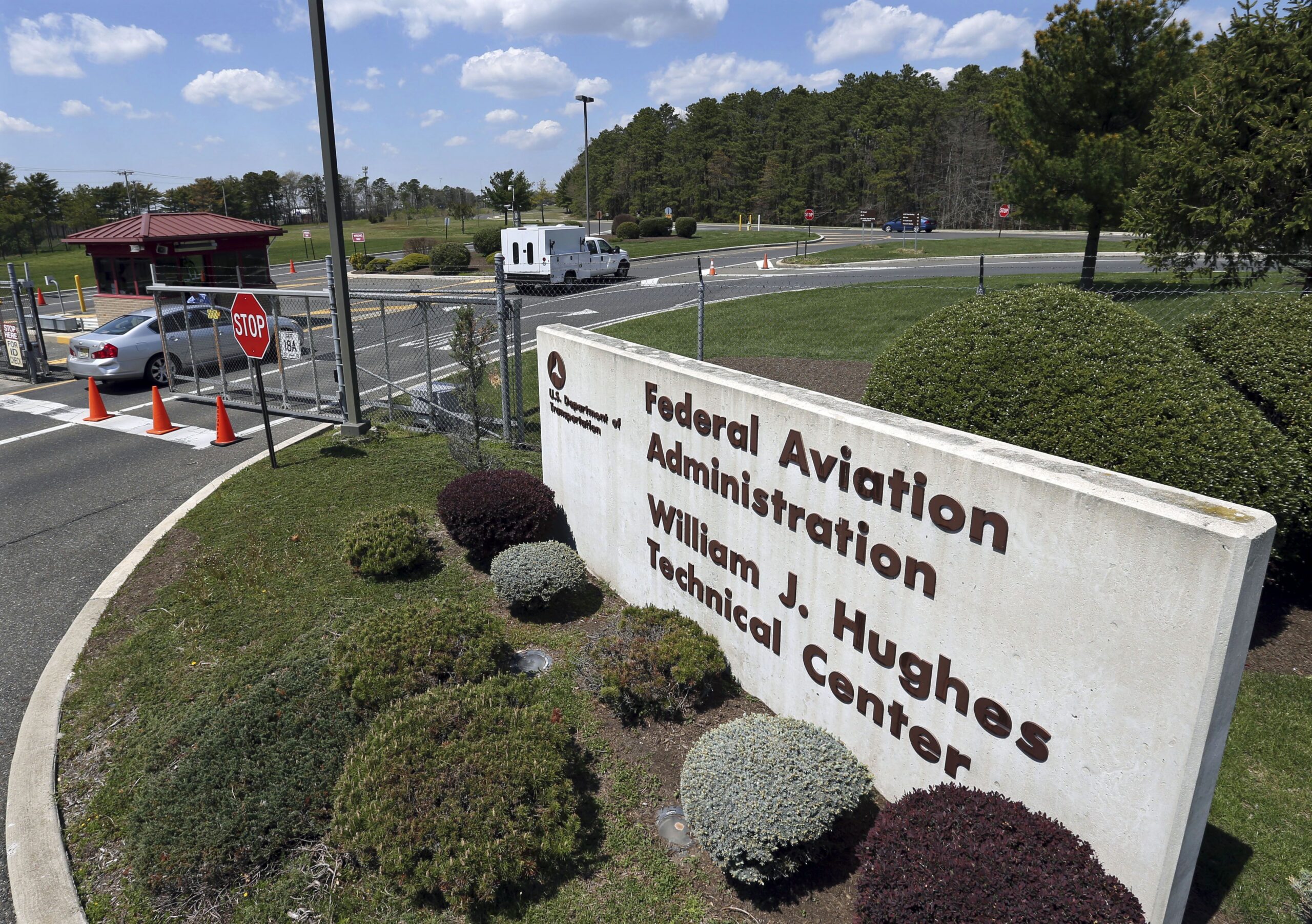
Yet, the city alleged the FAA made a 2022 policy change retroactively requiring Boulder to operate its airport until the agency said otherwise.
“In regard to land acquired with federal assistance,” the policy read, “so long as the airport sponsor has taken (a grant) since May 1980, the federal obligations on the acquired land remain in effect until released by the FAA. … The public has been on notice of this since at least 1980.”
Boulder then sued under the Quiet Title Act and multiple constitutional provisions, seeking a declaration that it need not continue airport operations beyond 2040.
“Under the terms of the 1991 grant agreement, because the City used federal funds to acquire real property — the permanent easement to support the taxiway — these conditions had no durational limit,” argued the U.S. Attorney’s Office in response.
Wang, in her order, first noted that under the Quiet Title Act, the federal government had to “claim an interest” in the property and the title had to be disputed. She believed the United States had some interest in the municipal airport that differed from Boulder’s, but there was no dispute about who owned the airport.
“The FAA’s position may have created some ambiguity as to the City’s Airport operation obligations come 2040, and the Court understands the City’s desire for a judicial determination of this issue. However, this ambiguity is insufficient to constitute a ‘disputed title,'” she wrote.
As for Boulder’s constitutional arguments, Wang agreed with the federal government that any decision from her would not affect the city’s obligation to continue operations until at least 2040.
“Stated differently,” she wrote, “the City’s obligations will remain unchanged for the next 15 years regardless of the outcome of this lawsuit, and only after 2040 could the City actually be injured.”
The case is City of Boulder v. United States et al.











